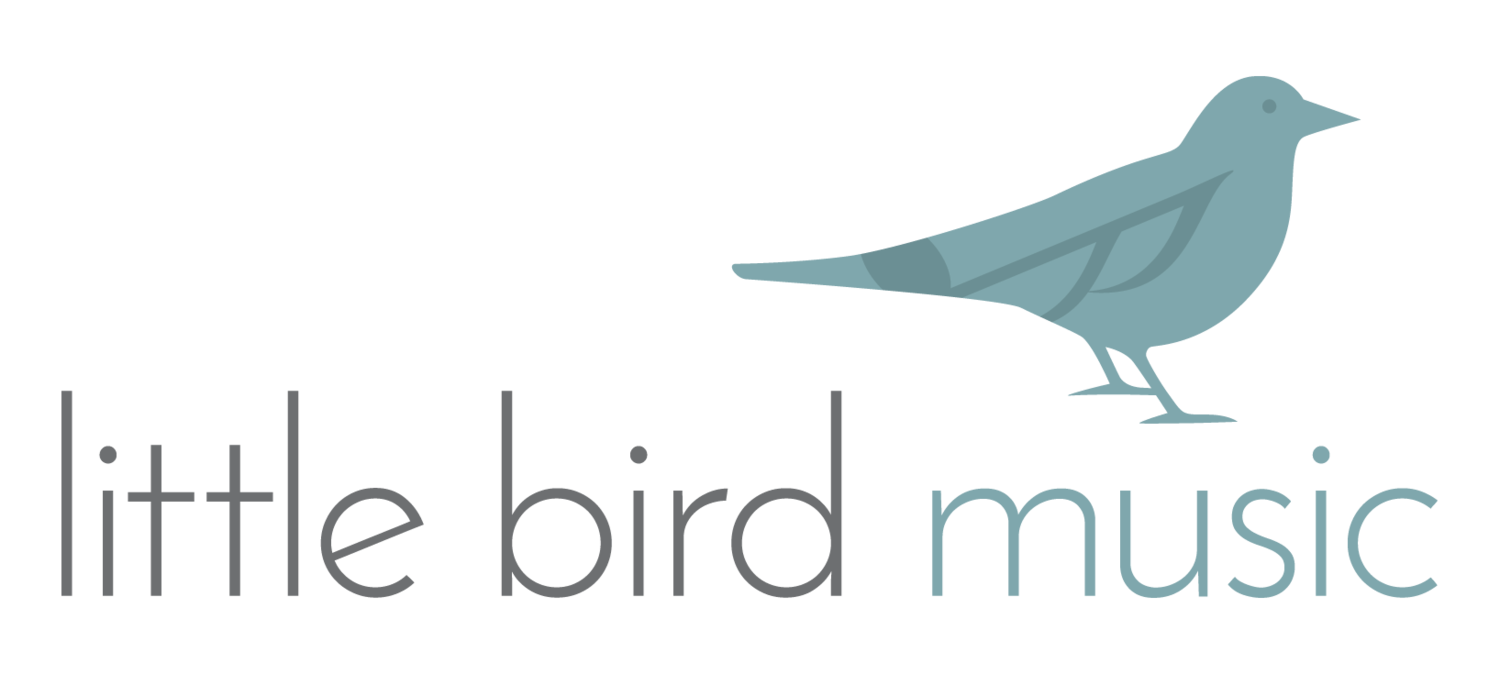Why take music lessons?
Studies show that children who study a musical instrument are more likely to excel academically, work better in groups, have improved critical thinking skills, and cultivate greater self-knowledge, empathy, and outlets for expression.
Here's what the research shows:
Playing an instrument has lasting cognitive benefits.
Students who have been exposed to music education have increased verbal intelligence, math skills, and are more likely to learn a second or third language.
Students who participate in music programs show increased self-esteem by learning to persevere when faced with new challenges.
Playing music can help buffer stress and serve as a profound interior resource for children as they grow into adolescence and beyond.
Further reading:
“Play It Forward,” featuring Little Bird Music and MusicWings in Moonshine Ink, June 2024.
“Making Music Learning Fun,” featuring Little Bird Music in the Tahoe Quarterly, Fall 2023.
“How Music Can Be Mental Health Care,” The New York Times, October 2023.
“This is How Music Can Change Your Brain,” Time Magazine, December 16, 2014.
“Middle-Aged Music Man,” The New York Times, June 15, 2013.
“Every Good Boy Does Fine: A Life in Piano Lessons” by Jeremy Denk, The New Yorker, April 8, 2013.
“Music Training Enhances Children’s Verbal Intelligence,” Pacific Standard, October 4, 2011.
Music, Language, and the Brain by Aniruddh D. Patel, 2010.
“How Making Music Reduces Stress,” WebMD Magazine, October 7, 2010.
“Sorry, Kids, Piano Lessons Make You Smarter,” Forbes, July 15, 2004.
“Music on the Mind,” Newsweek, July 23, 2000.
Quarter Notes, the Little Bird Music newsletter:






